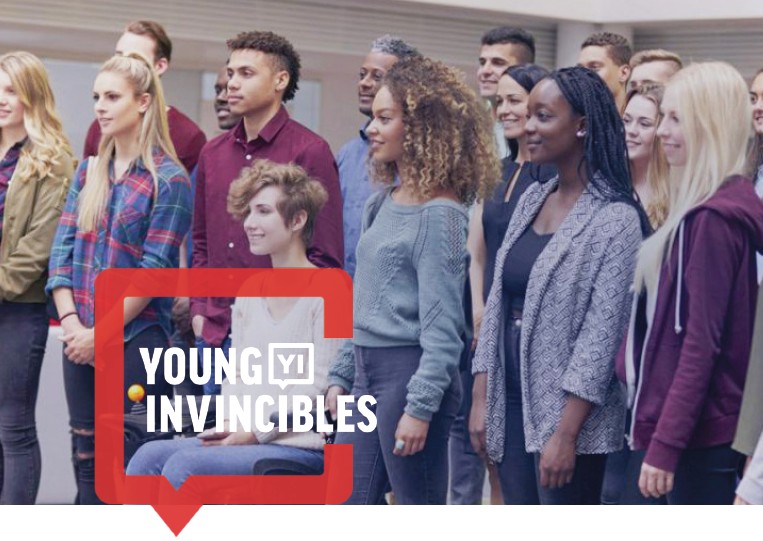
Young Invincibles (YI) is proud to be partnering with NASPA — Student Affairs Administrators in Higher Education (NASPA) and the Advising Success Network (ASN), united by a shared commitment to advancing equity in higher education through evidence-based practice. This collaboration places student voice at the forefront, particularly the voices of underrepresented undergraduate students attending Minority Serving Institutions (MSIs) – communities that have historically been underrepresented in national dialogues on student success.
At the core of this partnership is a mixed-methods research study that explores how undergraduate students at MSIs experience holistic advising on their college campuses. The research will investigate whether students are receiving the holistic support they need to grow personally, succeed academically, and prepare for their careers. By capturing both qualitative and quantitative insights, the research will uncover the key factors that enhance or hinder effective advising, identify common patterns and challenges students face, and explore how advising practices influence student satisfaction, persistence, and overall success.
Based on the research findings, YI will develop a student-centered white paper that synthesizes insights from both listening sessions and survey data, offering clear policy and practice recommendations. In parallel, YI will create digital materials rooted in equity and action, designed to translate research into practical tools and resources. This content will equip administrators with strategies to build advising environments where all students, particularly those from historically marginalized backgrounds, can thrive and succeed.
This work will build upon NASPA and ASN’s existing evidence base for holistic advising redesign by incorporating vital insights grounded in student perspectives. By centering equity and amplifying the voices of historically marginalized students, this project not only addresses critical gaps in the research but also drives institutional practices and policy changes that foster more equitable and effective advising systems.

